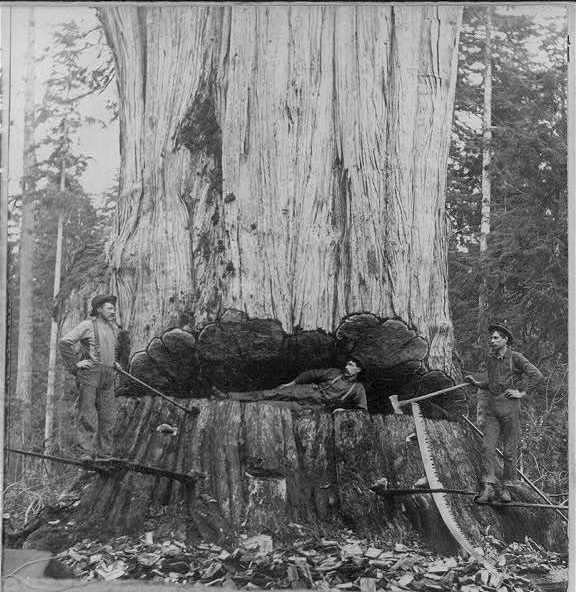It seems appropriate that my last post was about the people in olden times who wrote novels before the age of word processing. I made a discovery since then that makes me feel closer to them.
I was searching through a drawer, looking for some object of modern usefulness when I came across a stack of these, tucked into the back corner.
For those too young to recognize this object, it is a floppy disk. It is an object used to store electronic data before the advent of thumb drives and the Cloud.
It is not floppy. Its predecessors were wider, thinner, and floppy. I remember using them too. This ultramodern version is much more durable than the floppy floppies, and likely holds a lot more data, upwards of .1% of what our smallest storage devices hold now, I would guess.
The handwritten notes on my disk labels indicate this group was used between 1999 and 2003. Knowing me, this was probably long after civilized society had given them up. It doesn’t seem like these artifacts could belong to this century at all.
Even though they don’t hold much by today’s standards, words don’t take up much electronic space, so they represent a fair amount of work from a young writer seeking his way. Some of the files they hold were eventually published, but only after years of rewrites. Other files represent work relegated to storage as bits and bytes.
I think I have versions of all these files saved in more accessible places, even though I may never revisit them. I do this for my descendants, in case I become posthumously famous and they need to use my discarded scraps to raise income. With a little industry they may discover these files: “Look, here’s some crap Gramps wrote when he was young. He clearly never meant it to be made public, so we should sell it to a publisher.”
I adore my enterprising great-great-grandchildren, but they should know, before they start counting their chickens, all these novels and stories were written in WordPerfect. My sharp eye for the future of technology determined this format would drive MS Word to extinction as it became the dominant platform with its many advantages.
But I’m sure, in the genius future, there will be a way to convert immature writing from WordPerfect files into cash money.
In the present, I’m not famous, which proves I don’t know how to convert any writing from any file into money. These disks harken me back to those heady days when I thought maybe someday I would figure that out. The amazing thing is I’m still trying to solve that puzzle. It seems some of us don’t know how to let it go and grow old gracefully.













